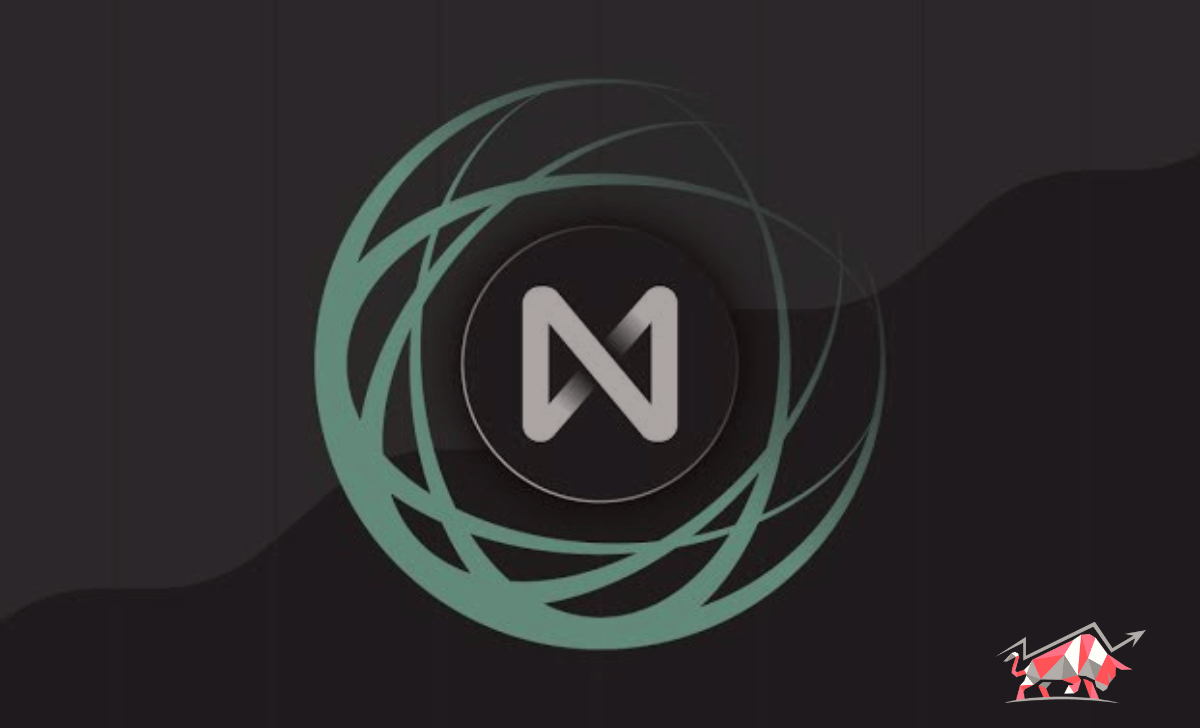A self-governance initiative called the NEAR Digital Collective seeks to further decentralize the NEAR Protocol ecosystem’s decision-making by transferring it to the blockchain.
A working committee is being formed by NEAR Protocol, a blockchain network on which programmers can create decentralized applications (dapps), to establish guidelines for self-governance.
According to a recent statement, the project, known as the Near Digital Collective (NDC), aims to further decentralize the ecosystem’s decision-making by placing it onto its native blockchain. The change will increase the NEAR community’s transparency and fairness.
In the decentralized finance (DeFi) area, where programmers from all over the world are creating financial applications that do away with conventional intermediaries, self-governance efforts are experiencing a moment. Decentralized autonomous organizations (DAOs), which are blockchain-based organizations or businesses where members who own a native digital token can vote on important business and management decisions, are typically the vehicles for these projects.
Illia Polosukhin, the co-founder of the protocol, clarified that about the NEAR constitution, the NDC will endeavor to draft and approve a set of universal principles and fundamental rights for all community members. The group also intends to establish governance structures and plans, a complementary legal framework for risk mitigation, and publish engagement standards to prevent community members’ inappropriate behavior that can damage the network.
It’s really simple for these kinds of networks to turn toxic.
Although the NDC constitution group now has 40 members, Polosukhin stated that NEAR is also seeking to get interested individuals from a variety of academic backgrounds, including political science and law.
NEAR Protocol Recent Developments
The NEAR protocol will add 200 new validators as part of NEAR’s four-step strategy to shard the network over the upcoming year. The protocol has started a crucial stage of the “sharding” update intended to speed up the blockchain’s processing. It also reduced the cost for stakeholders wishing to influence the network’s operation.
The modifications aim to drastically lower the entrance hurdle for NEAR validators and thereby promote decentralization. This is coupled with an 86% reduction in the collateral requirements for all participants in the proof-of-stake chain.
The network becomes increasingly decentralized as there are more people on it. Illia Polosukhin, a co-founder of NEAR, stated that this allows them to continue adding additional validators as there is more demand for the network.
Sharding is a chain-splicing technique that NEAR uses to increase the output of the network. Polosukhin contends that breaking the chain up into smaller chains allows the network to execute transactions more quickly.
The network will be sharded as part of NEAR’s four-step Nightshade initiative. It started sharding the network in Phase 0 earlier this year and will finish the remaining stages of the upgrade in 2023.


